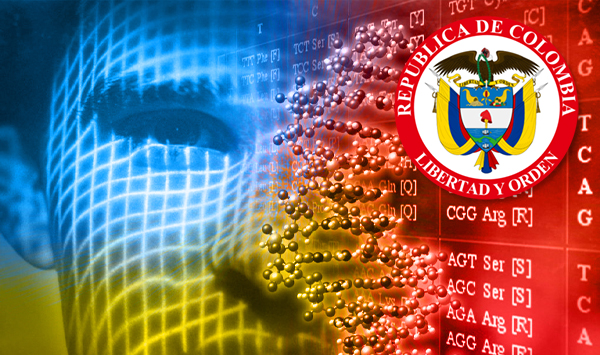The “Justicia Forense – DNA Latin America” project, since July 2022, has been working in the region promoting criminal prosecution through the use of forensic DNA databases to ensure justice for victims and clarify the truth; in this sense, Colombia is a priority in understanding the judicial remains associated with investigating crimes of the armed conflict and the violence generated by illicit economies.
Within the framework of this work, meetings have been held with high-level government officials, the justice sector and academia, with the aim of providing legal and criminal policy recommendations related to the establishment and operation of forensic DNA databases as a criminal investigation tool.
As a first result of these technical meetings, a bill has been drawn up that proposes the regulatory framework to implement and regulate the use of Genetic Records for Criminal Investigation purposes in Colombia. This bill seeks to increase successful criminal prosecution, reduce impunity and criminal recidivism, which are fundamental issues for achieving total peace and justice that victims demand.
In the last week of March 2023, meetings were held with the Ministry of Defense and the Congress of the Republic to present the document and our perspective of needs for Colombia according to the lessons learned in other countries. We hope this project comes to fruition and Colombia can move forward in the efficient use of tools such as DNA to reduce impunity and exonerate the innocent.



 EL SALVADOR
EL SALVADOR HONDURAS
HONDURAS

 BOLIVIA
BOLIVIA PERÚ
PERÚ